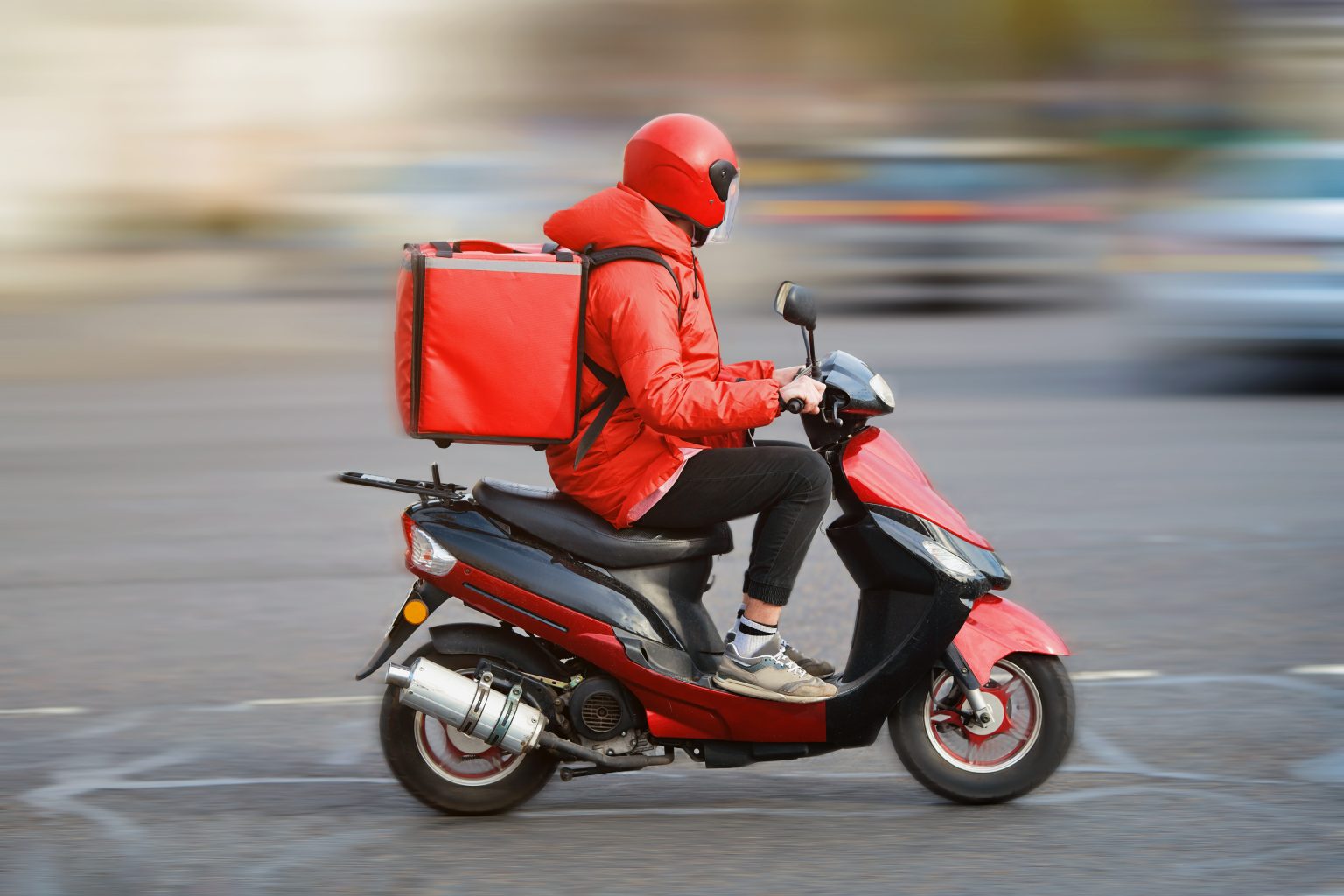UK-based premium food delivery platform Supper London has officially ceased all operations, as reported by Restaurantonline.co.uk.
The company, recognized for its specialized delivery fleet and direct employment of drivers, closed down after liquidation earlier this year.
The decision follows a turbulent period during which the company remained under administration throughout the previous year, despite experiencing a substantial increase in turnover during the Covid-19 pandemic.
Documents from the administration, cited by Restaurantonline.co.uk, indicate that Supper London was “consistently profitable,” with the pandemic contributing to a tenfold increase in turnover.
This growth prompted a £2.4m ($3.03m) equity and debt fundraising from investment firm Growthdeck in late 2021.
Growthdeck expressed that the investment would “help [the company] continue on its current trajectory.”
However, the easing of lockdown restrictions highlighted “financial difficulties.”
Established in 2014 by former fixed-income trader Panayiotis Georgiou, Supper London aimed to deliver food in prime condition using custom-made and stabilized vehicles for delivery operations.
The company’s decision to directly employ drivers diverged from the typical “gig economy” delivery model, ensuring a consistent standard of service through staff training.
Major clients of Supper London included Mr Chow, Aquavit, and Nobu, in addition to luxury retailers like Hedonism Wines, Fortnum & Mason, and Harrods.
At its peak, the restaurant delivery platform employed 30 individuals and managed a fleet of 150 drivers.
Following the appointment of an administrator, Supper London was put up for sale in late 2022.
It garnered four expressions of interest and was ultimately acquired by Wimpole 101, an unrelated third-party company, for £1m.
Before its closure, secured creditor Daedalus Partners was owed £1m, with an additional £150,000 injected into the company in late 2022.
This funding was described as critical to “meet essential payroll and supplier costs” and to safeguard the sale of the business from being “jeopardized.”
